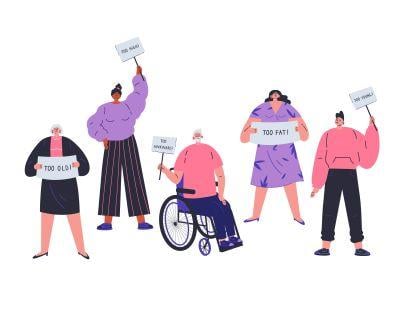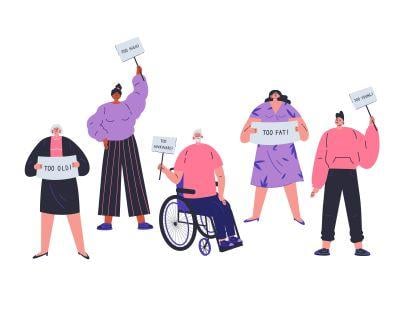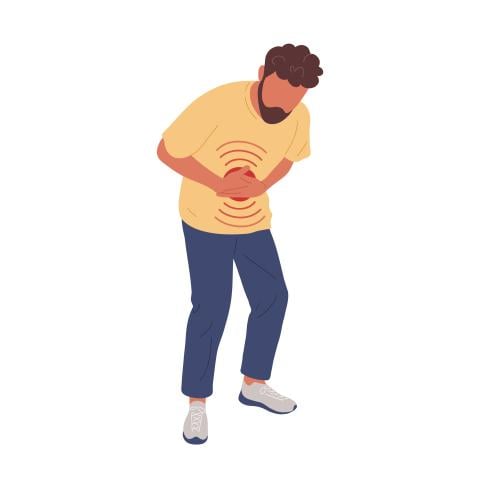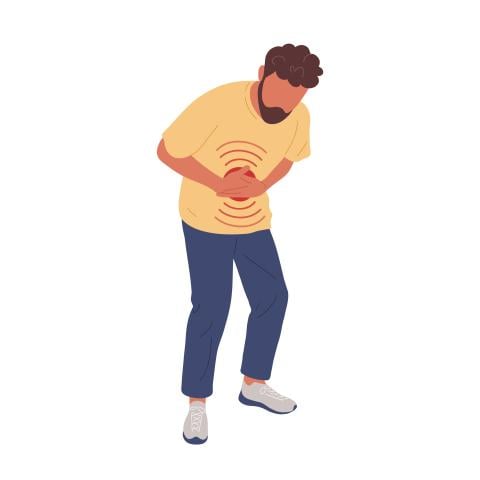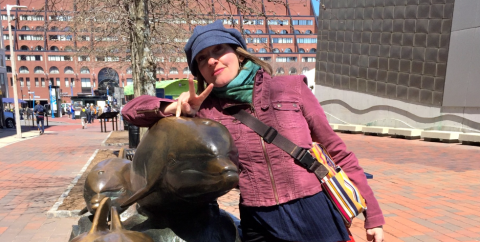Ricky Williams: A Story of Social Anxiety Disorder
Many people know Ricky Williams as the Heisman Trophy-winning running back who had it all — fame, money, and talent. Selected as the fifth NFL draft pick out of college, he became a celebrity overnight. With a successful career underway, who would believe that this football sensation who played for crowds of 100,000 dreaded the thought of going to the grocery store or meeting a fan on the street?
"I was 23, a millionaire and had everything, yet I was never more unhappy in my life," Williams said. "I felt extremely isolated from my friends and family because I couldn't explain to them what I was feeling. I had no idea what was wrong with me."
Williams' fears escalated at the start of his professional football career for the New Orleans Saints. With high expectations to perform, Williams was thrust into the limelight. Often portrayed by the media as aloof or even weird, he was known for conducting interviews with his helmet on and shying away from fans. He could barely interact with his young daughter or leave his house to do errands. What most didn't realize is that by simply talking to a reporter, a fan, a member of the community, or even his own family, Williams was struggling with the very root of his problem.
Williams later learned he was among the more than 15 million Americans who suffer from social anxiety disorder, also called social phobia. People with social anxiety disorder have an intense fear of being scrutinized by others in social or performance situations and of negative evaluation. In short, they are literally afraid of people. And more than one-third of people with this disorder report symptoms for 10 or more years before seeking help.
Fortunately for Williams, a good friend suggested that he see a therapist. "When I first met Williams, he could hardly look me in the eye," said Janey Barnes, the therapist who diagnosed him and started his treatment program. "Like most people with this condition, Williams thought he was just shy or strange, but it was clear to me that his anxiety was debilitating, which is very different than shyness. Luckily, social anxiety disorder is highly treatable."
After his first therapy session, Williams began his road to recovery. "After I was diagnosed with social anxiety disorder, I felt immense relief because it meant that there was a name for my suffering. I wasn't crazy or weird, like I thought for so many years," said Williams. "As part of my treatment program, my physician prescribed an antidepressant, in combination with therapy. Soon thereafter I was able to start acting like the real Ricky Williams."
Williams made dramatic improvements once he was diagnosed and started treatment. "I understand that a lot of people, especially men, look up to me because of my profession, so I have a chance to reach out to people and let them know what I've been through and how treatment has made my life so much better," he said. "If my story can help even one person to seek help, it will feel as though I've scored the game-winning touchdown."
